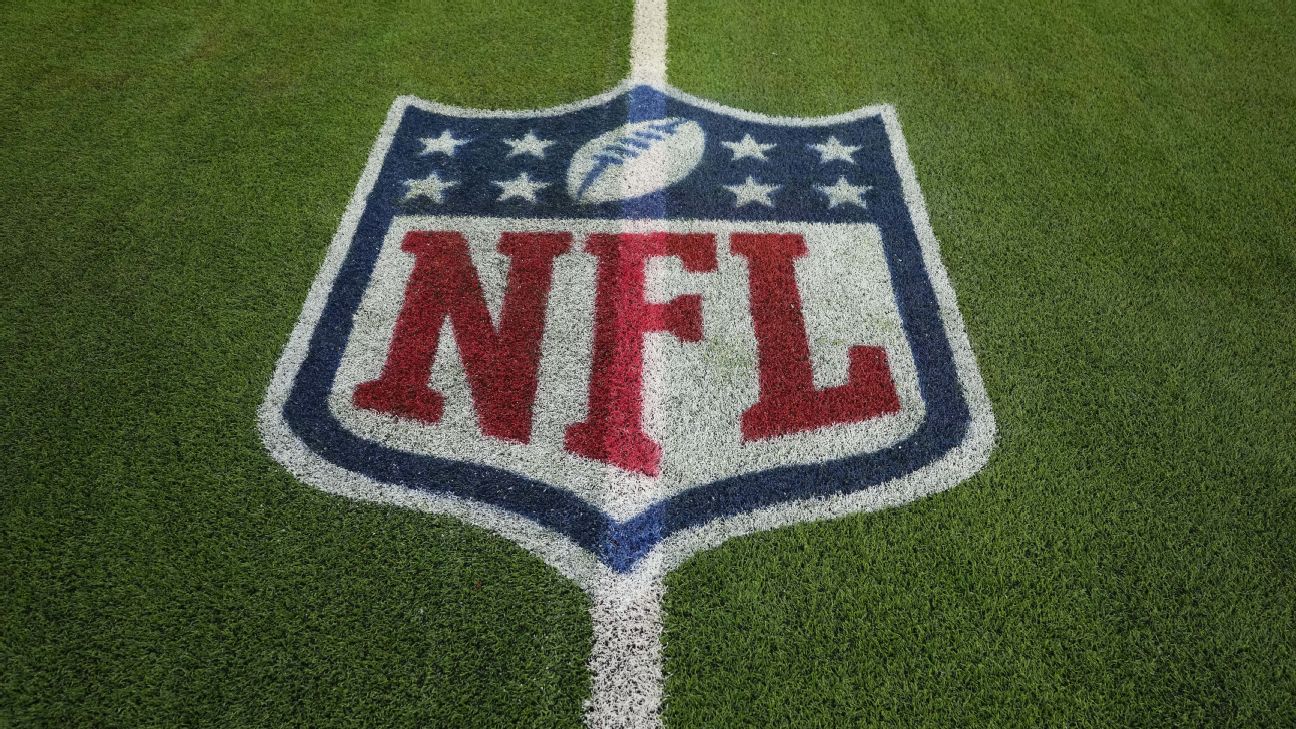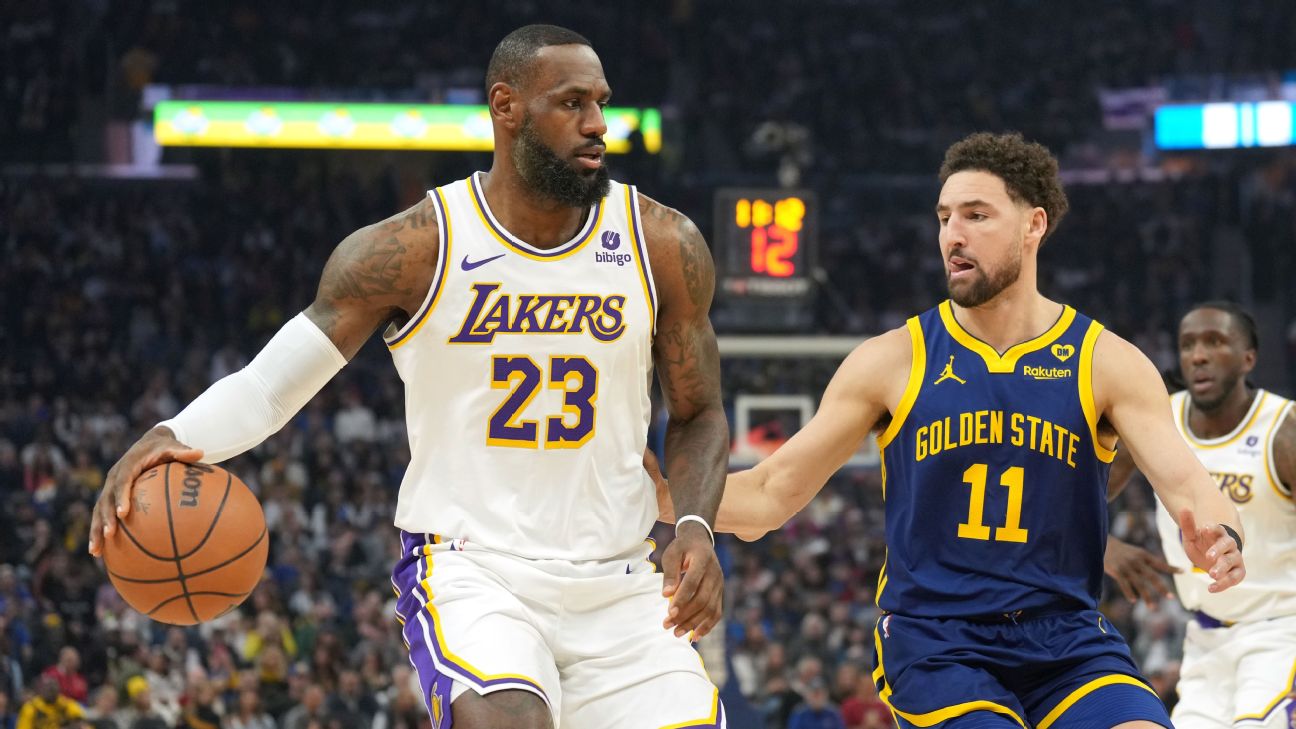![NCAA football [600x600]](https://a.espncdn.com/photo/2020/0921/r749005_600x600_1-1.jpg)
Albon extends with Williams until 2027
SCOTTSDALE, Ariz. -- As revenue sharing with college athletes becomes a growing possibility, some bowl leaders are already hoping for a collective bargaining agreement with the players that would help significantly lower the number of postseason opt-outs.
Nick Carparelli, executive director of Bowl Season, told ESPN at the Fiesta Bowl Spring Summit this week that his understanding from speaking with conference commissioners and NCAA president Charlie Baker is that NIL collectives are destined to be brought in-house and there have been discussions about contracts in exchange for NIL payments.
"If you sign a contract and receive compensation, you're obligated to perform certain duties -- in this case, play 12 regular-season games and a bowl game or a bowl game and the playoff," he said. "That's logical to expect. It's the way the rest of us working folks operate."
Fiesta Bowl executive director and CEO Erik Moses agreed, adding that he isn't insensitive to the risks the players and agents might take.
"Think about the industry that we're in," Moses told ESPN. "We put on live events. You come to see the talent. If the main talent isn't there -- you go see the Stones and Mick Jagger's not playing, are you really seeing the Stones? We want the best talent to be involved in those matchups and those games and those events. That's what people are paying to see.
"Yes, they care about the name on the front of the jersey probably more than the name on the back; that's the special thing about college sports and college football," he said. "But you want to see the best guys play, and I think the only way we get to that is through a collective bargaining agreement and employment contracts that require you to play in the postseason if you're healthy."
Carparelli said Bowl Season doesn't officially track the number of opt-outs, but he estimated it has been about eight players per team who choose not to play in their bowl game because of the transfer portal, NFL draft or any other reason.
Moses said he expects the new 12-team College Football Playoff to help lower the number of opt-outs this fall because more teams will be playing for the national title -- not just another postseason win.
"You're not just coming to the Fiesta Bowl to win the Fiesta Bowl and that's it," he said. "Now, you're going to abandon your brothers, your teammates when you have a chance to win the national championship? That's something those guys remember for the rest of their lives. You're a part of history at that point."
Carparelli said the 12-team format won't require the elimination of any bowls currently in operation, but he noted that if the CFP eventually expands to 14 teams in 2026 and beyond, one might be cut. Bowl Season includes a total of 44 games, including 35 "traditional" bowls, the New Year's Six bowls, the national title game, the Celebration Bowl and the East-West Shrine Bowl.
"That'll be interesting to see," he said. "Certainly, with two extra teams going to the playoff, that may mean one less bowl game involved."
The Vrbo Fiesta Bowl will host a CFP quarterfinal game this year on Dec. 31 in the debut of the 12-team playoff. For the 2025 season, the Fiesta Bowl will host a semifinal on Jan. 8, 2026.
Moses said he has no reason to believe the New Year's Six bowls won't be included in future iterations of the CFP in 2026 and beyond.
"I think that we are at a point right now where we are challenging tradition of this sport in almost every way possible," he said. "And the tradition of college football and college athletics, in my mind, is a key element to the affinity that people have for the sport, and I think we need to look for commonsense ways to preserve as much of that tradition as we can while also giving ourselves the latitude to innovate. I think the expansion of the playoff is a great innovation. I think the inclusion of the bowls as the kind of the meat of those playoffs is a great compromise between the consistency of tradition, while still innovating, and in my mind, that's the sweet spot."













